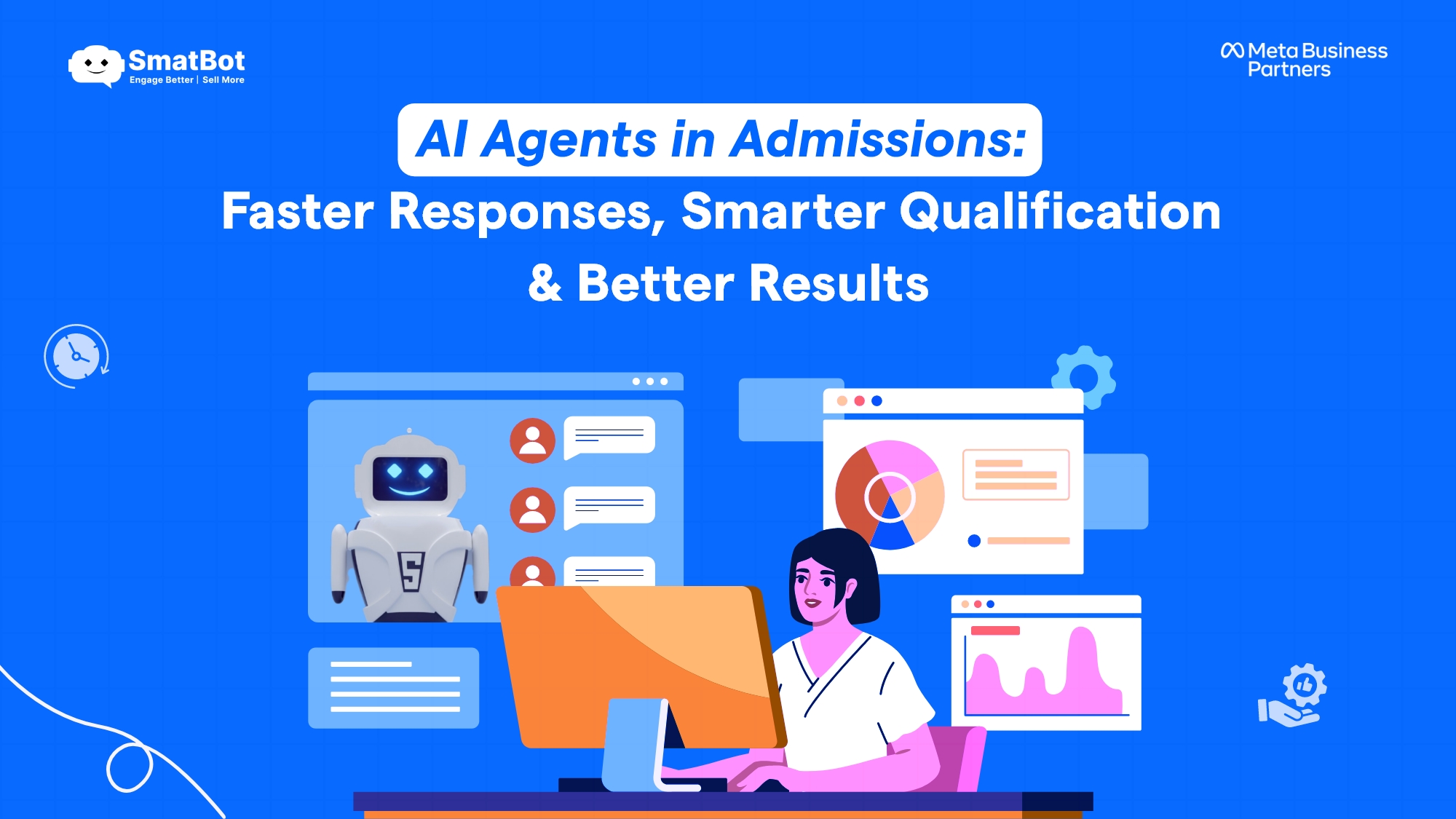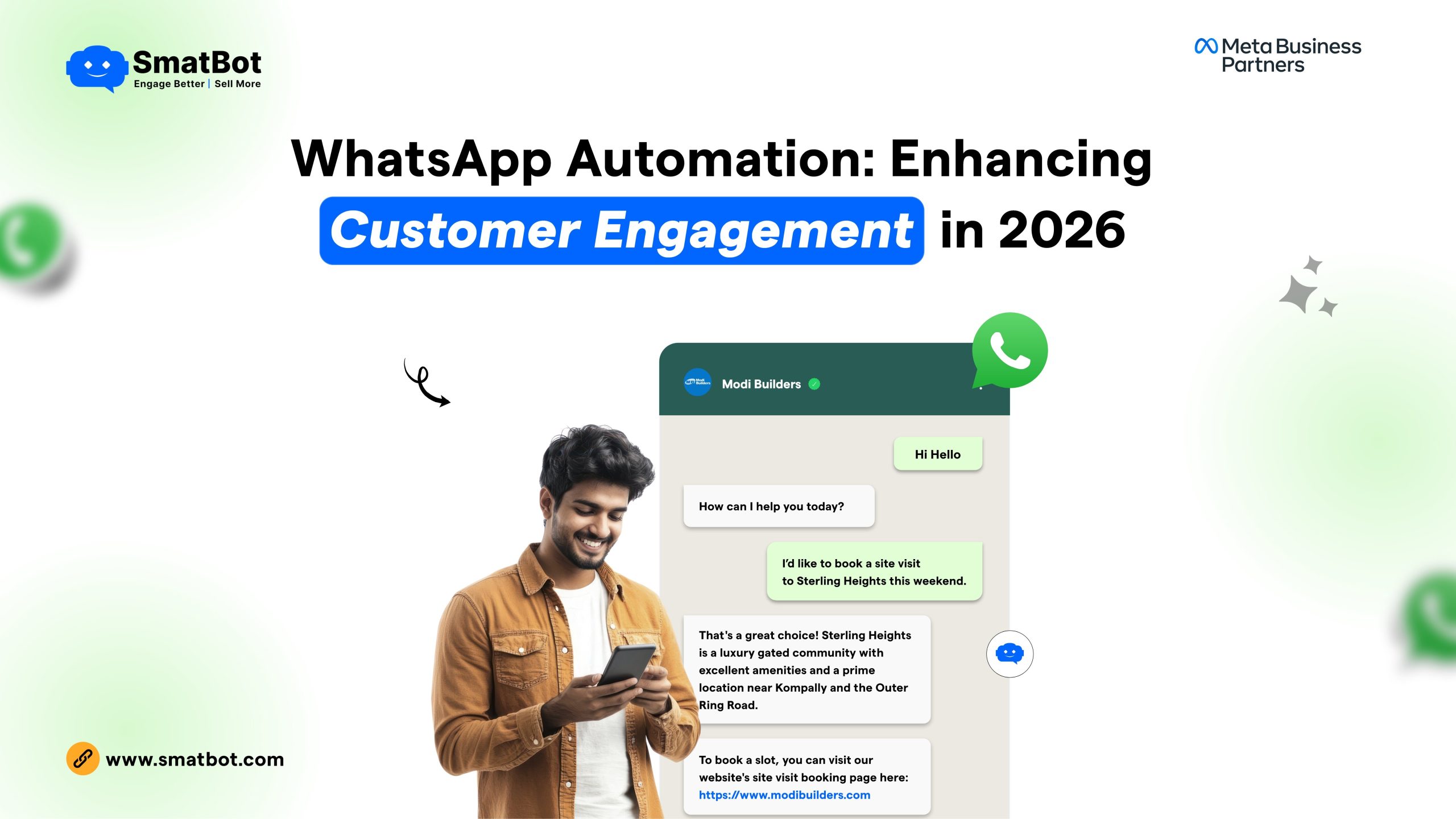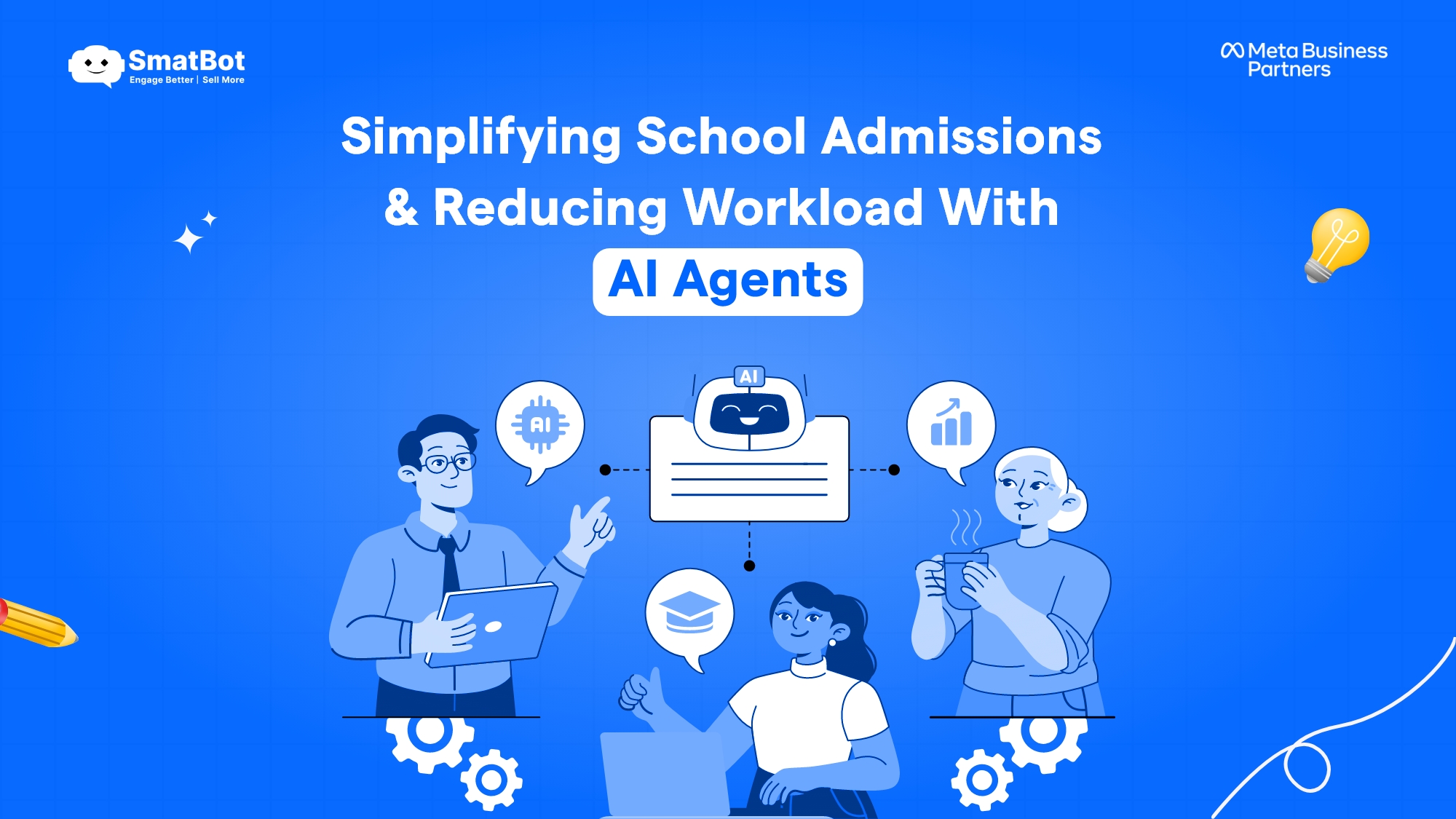Unleashing the Creative Power of Generative AI in the Travel Sector
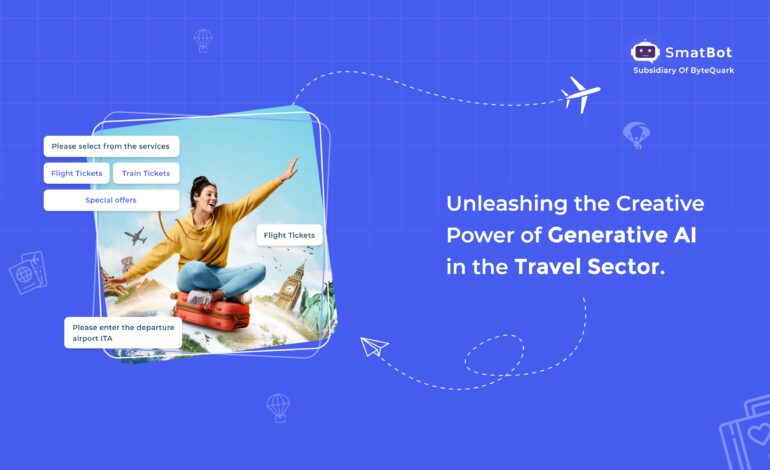
AI is helping various industries in their growth. The travel and tourism industry is not lagging behind in its adoption of this technology. The travel industry is also using generative AI to make its services better. For those of you who might not be familiar with the term “Generative AI,” don’t worry – we’re here to help you get up to speed! Generative AI might sound complex, but it’s actually pretty fascinating. Let’s take a moment to give you a brief overview.
Generative AI is the next level of artificial intelligence. It employs deep learning techniques, such as neural networks, to generate new data or content resembling the patterns observed in the training data.
If you are curious to learn about the creative power of generative AI in the travel industry, you must read this article. In this article, we will discuss every crucial aspect of AI in the travel industry.
So without further delay, let us get started on our journey to unleash the creative power of generative AI in the travel sector.
The Role of AI Within the Travel Industry
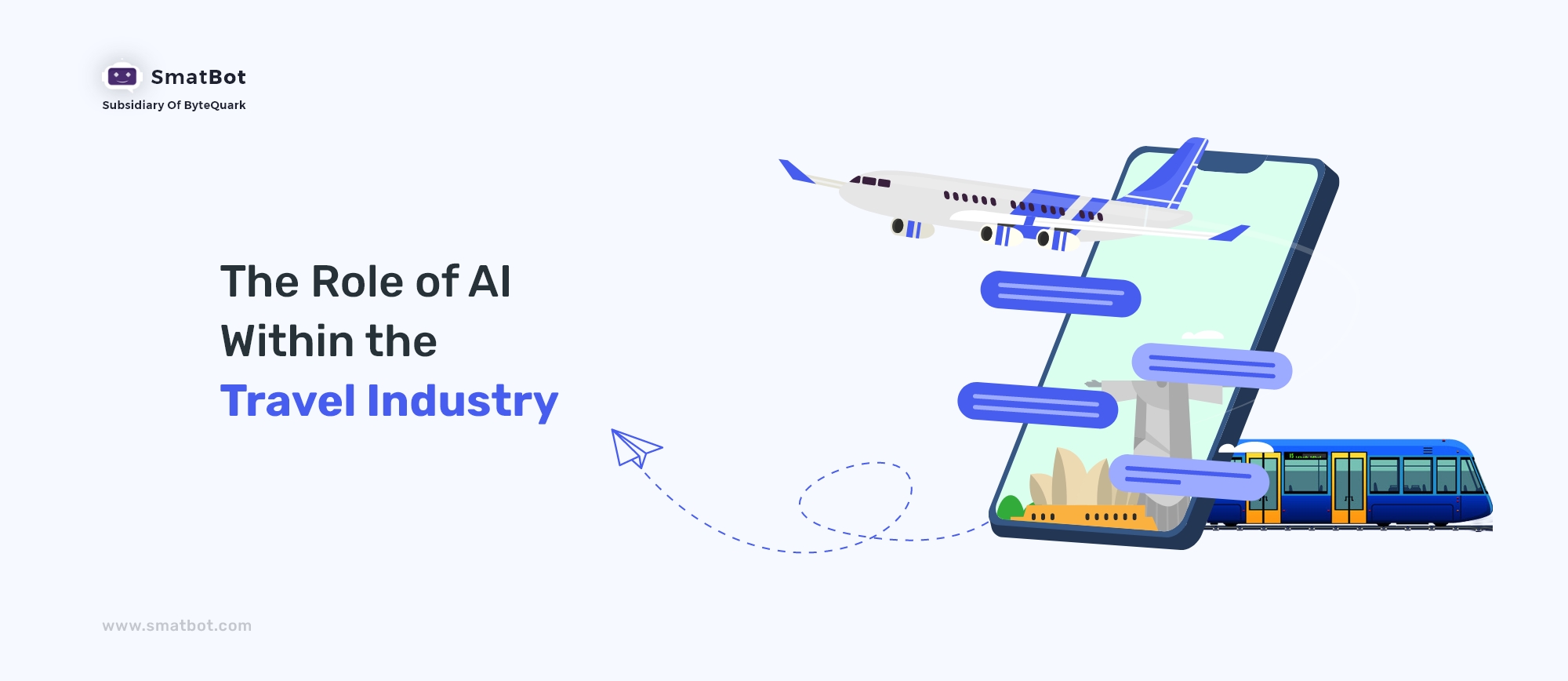
Generative AI is utilized within the travel industry for a variety of purposes. Below are the top roles of AI or generative AI in travel industry:
1. AI assistant
AI-powered technology is an integral part of Generative AI. With this technology, travelers are no longer required to visit travel agencies to book flight tickets and other travel-related tasks. AI assistants or chatbots in the travel industry have replaced travel agents.
Chatbots and AI assistants allow travelers to book flights, accommodations or even a taxi from the comfort of their homes. These bots can also be integrated into different social media platforms like Facebook, Instagram and WhatsApp to provide assistance on the user’s preferred channel. In addition, AI assistants can offer travelers a more personalized experience than ever before.
2. Flight forecasting
AI is also being used as a flight forecaster. Some travel companies have launched AI-driven applications for their travelers. These applications assist travelers in finding the best flight prices at the right time. These apps also give you heads-up on the future price of the flight. In short, they can also act as price prediction software.
3. Face-to-face customer service
While the use of artificial intelligence to power online customer support has become commonplace, face-to-face customer service interaction has emerged as one of the technology’s emerging trends.
Robots are one of the best examples of this trend as they are invading customer service in the travel industry. This technology has ended the days when you had to wait in queues to get information.
This technology has also improved overall efficiency. This is the reason why some companies have employed robots to assist you in such situations.
One such example is: Marriott, a hotel in Maryland, has a robot called Mario. Mario spends his time helping guest check-ins, inspecting rooms, discussing the menu, and other tasks.
4. Gather and interpret
The travel industry generates a large amount of data on a daily basis. When these data are effectively interpreted to identify what works well for their customers, they can become valuable treasures for travel companies.
AI has the potential to gather and interpret data to draw conclusions or results about customers, business practices, and other topics. By analyzing and interpreting data, AI can give results like identifying trends, outliers, and patterns that may lead to opportunities or risks for the company.
AI also has the ability to sort through huge amounts of data effectively and instantly. In comparison to this technology, human workers may take longer and could introduce a higher likelihood of errors.
5. Sentiment analysis on social media
Some social media channels receive thousands of interactions each day. So, it is quite impossible to check and analyze each and every interaction manually. AI can help travel companies identify key trends and the most common sentiments, which can be used to understand their audience and improve the customer experience.
AI can also help travel companies identify sentiment through social media. Several airlines and hotels are using AI-powered tools to understand posts and comments by customers about their company.
AI can also understand how these sentiments or interactions relate to traveler’s journeys. Anyone can use these sentimental details to evaluate business management and apply vital measures.
6. Voice-based digital assistant
Artificial intelligence is finding a new role in travel and tourism: offering voice-based digital help in various ways. Imagine having voice assistants right in your hotel room, ready to answer your questions or fulfill your requests instantly.
With voice recognition technology, you can control your room just by speaking, and get tourist information anytime you need it.
Generative AI Use Cases for the Travel

Travel companies are using generative AI to make their customers’ experiences better. The following are the top generative AI use cases in travel:
1. Personalized travel recommendations
Generative AI can help you create special and personalized travel recommendations. It can analyze different types of data.
Below I have mentioned a list of data that it can analyze to give you recommendations:
- User preferences
- Historical travel patterns
- Online reviews
The technology analyzes each person’s preferences and recommends places to visit and stay. The main goal of this technology is to find the coolest place to visit.
2. Content, marketing, and advertising
The travel industry stands to gain significant benefits from the integration of generative AI into its promotional efforts. This technology can facilitate the creation of travel-related content for marketing purposes, providing a consistent stream of material to attract customers. Additionally, generative AI can supply valuable ideas and information that enhance promotional strategies. This encompasses not only content creation but also the capability to formulate articles, blogs, and even design comprehensive travel itineraries for your advertising campaign.
Numerous generative AI applications prove invaluable in the marketing and advertising realm, particularly during the creative and design phases. This technology simplifies various tasks, such as:
- Sharing promotional posts across social media platforms.
- Executing online advertising campaigns.
- Generating website content.
It’s important to remember that generative AI is founded on robust language models, enabling the generation and translation of content into diverse international languages. This adaptability makes the technology particularly potent for international tourism and travel marketing efforts.
3. Virtual travel
Generative AI and VR have allowed travel businesses to provide virtual tours and experiences. With attractive 360-degree video and VR headsets, travelers can perform the following things:
- Famous attractions
- Take guided tours
- Participate in interactive activities
- Enhance their pre-visit excitement and help in planning the trip
Generative AI can create a realistic virtual experience that looks similar to the real one. This enables travelers to virtually explore a destination without physically being there. Several travel companies have started using this technology to showcase attractive places. This captivating experience not only piques the interest of customers but also serves as a powerful tool for increasing bookings.
4. Trip planning and booking
Generative AI applications in the travel industry are ideal to support the trip-planning process which includes dreaming, researching, planning, and booking. The technology can analyze data from various sources, like weather conditions, user reviews, etc.
Generative AI can offer personalized pieces of advice on the following things that can help you plan your trip:
- Places to visit
- Activities to try
- Budget
Now, the question is whether Generative AI or chatbot in the travel industry will power the travel companies or open more opportunities for accommodations and activities to drive bookings. Well, the answer will depend on the ease of customization and implementing AI-driven solutions in businesses or travel companies with limited resources.
5. Language translation and localization
In an increasingly globalized world, language barriers can cause problems for travel agencies. To overcome this problem, travel companies employ Generative AI for localization and translation.
Generative AI translation tools use advanced algorithms to learn from existing translations and provide accurate, natural-sounding translated text. These tools also allow you to change the context and tone of the translation. It ensures that the original meaning of the content remains unchanged by making changes.
Moreover, Generative AI also opens up a world of localisation opportunities and allows language service providers to create localized content effectively and instantly.
Both abilities of Generative AI improve interaction with locals, increase safety, and facilitate a more pleasant travel experience.
6. Customers service
The previous AI generation launched several chatbots with the capability of solving more common or routine customer queries. Generative AI opens the door to the development of intelligent chatbots and virtual assistants that can provide you with 24/7 support. It can help travelers by handling complex booking changes and cancellations more smoothly.
With the power of generative AI-powered chatbots like SmatBot, we can witness incredible development in hybrid guest services and visitor centers with customer services that integrate this technology with human staff for high-tech and high-touch solutions. This technology can also make customers happier and make the booking process more accessible.
Advantages Of AI In The Travel Industry

Like other industries, AI is also providing many benefits to the travel industry. Below are the top advantages of AI in the travel industry:
1. Customized trip planning
Regardless of the type of trip, AI-powered travel softwares can create your plan as per your preferences. Several travel companies are investing in AI software to provide customized services to their clients on the basis of their preferences.
These companies are using AI to deliver personalized trip-planning services. This technology also allows travel agents to deliver better services and attract more customers. Moreover travelers can also use AI to find new places to visit and new activities to participate in.
2. Online reputation management
In this digital era, humans trust online reviews more than anything else. This is why you must keep an eye on what customers are saying about your business. Any negative online review can cause severe damage to your online reputation.
AI can help you monitor your customers’ reviews. Artificial intelligence in the travel and hospitality industry allows companies to track social media comments, product or service feedback and other mentions related to the company.
With the help of AI, hotels and airlines can easily find negative reviews about their companies. Then, they can respond to the negative reviews to let people know they care about their companies. This technology also observes the latest trends that can boost sales and profits.
3. Online customer services
Offering online services to customers is another benefit of incorporating artificial intelligence in the travel and hospitality industry.
The chatbot in the travel industry, present on social media sites and messaging platforms, showcases a wide range of benefits.
One key advantage of online customer service is responding to customers when human support agents are unavailable. Furthermore, this technology provides customers with faster responses, which most customers prefer.
4. Customer data analysis
As we mentioned above, AI has the potential to analyze a large amount of data, which is another excellent benefit of this technology. The technology can help you understand your client better and make informed decisions on the basis of customer insights. This type of data analysis can give tour companies the key to effectively personalizing the experience that a tourist enjoys.
5. Increased efficiency
Increased efficiency is one of the top benefits of AI in the travel industry. By automating tasks, travel companies can streamline the process and reduce the workload on their staff. This frees up staff time, allowing them to focus on more difficult tasks.
Examples of How AI is Used in the Travel Industry
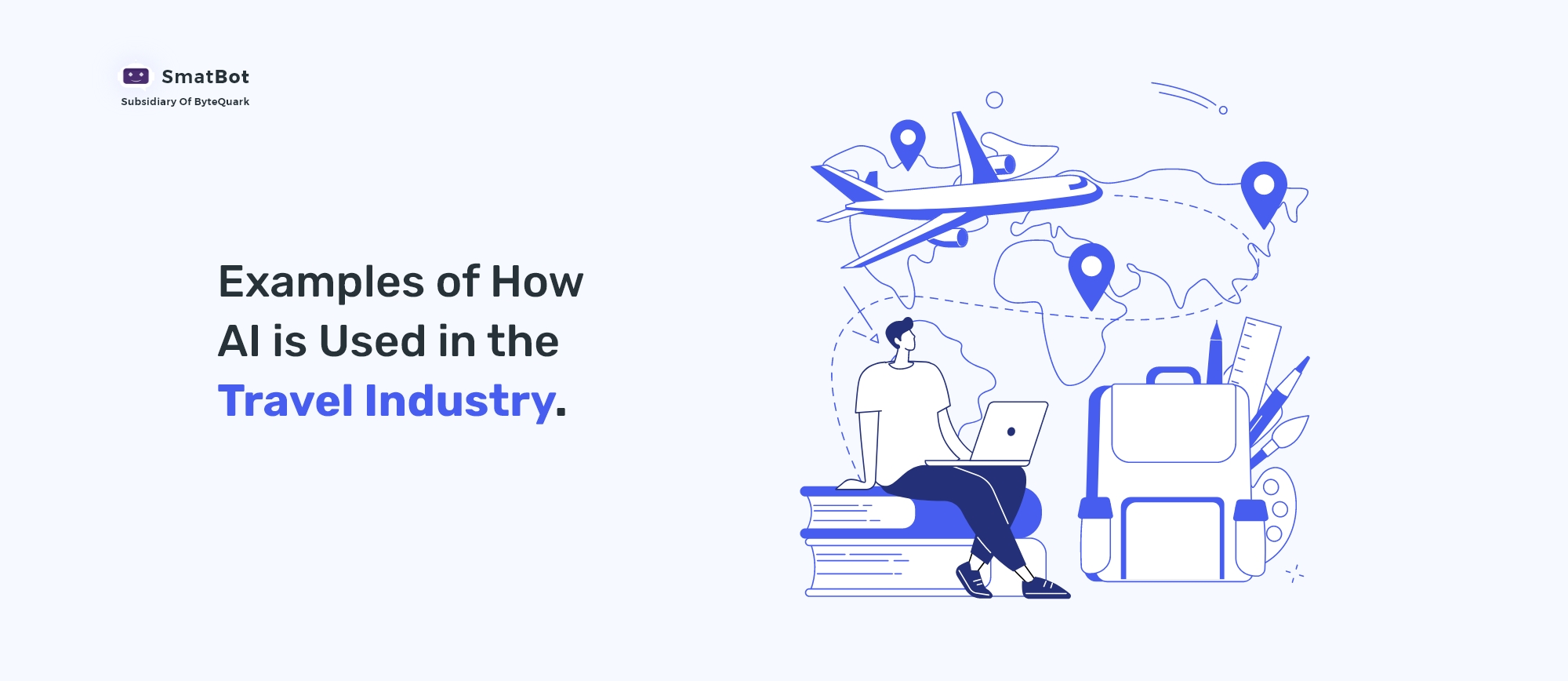
As you read above, AI is used in the travel industry for several tasks. Below are some of the highlighted examples of AI in tourism:
- Chatbots for Online Customer Service
- Data Processing and Data Analysis
- Voice-Based Digital Assistance
- Flight Forecasting
- Social Media Channel Analysis
- AI Face Recognition
- Recommendation
- Booking
- Trip Planning
- Identify Valuable Insights
And many more
This is not the end of the story, AI is expected to provide more examples in this industry in the future.
Conclusion
Generative AI has transformed the way we experience travel within the travel industry. From virtual tours to AI assistants, generative AI has made travel more accessible and convenient.
We hope that the information we have shared in this article has given you a clearer understanding of how powerful AI can be in shaping the travel experience.
If you belong to the travel industry and are searching for ways to harness the power of AI and streamline or automate your operations, then you must try AI-powered chatbots like SmatBot. SmatBot can help you streamline and automate your travel-related processes in no time

